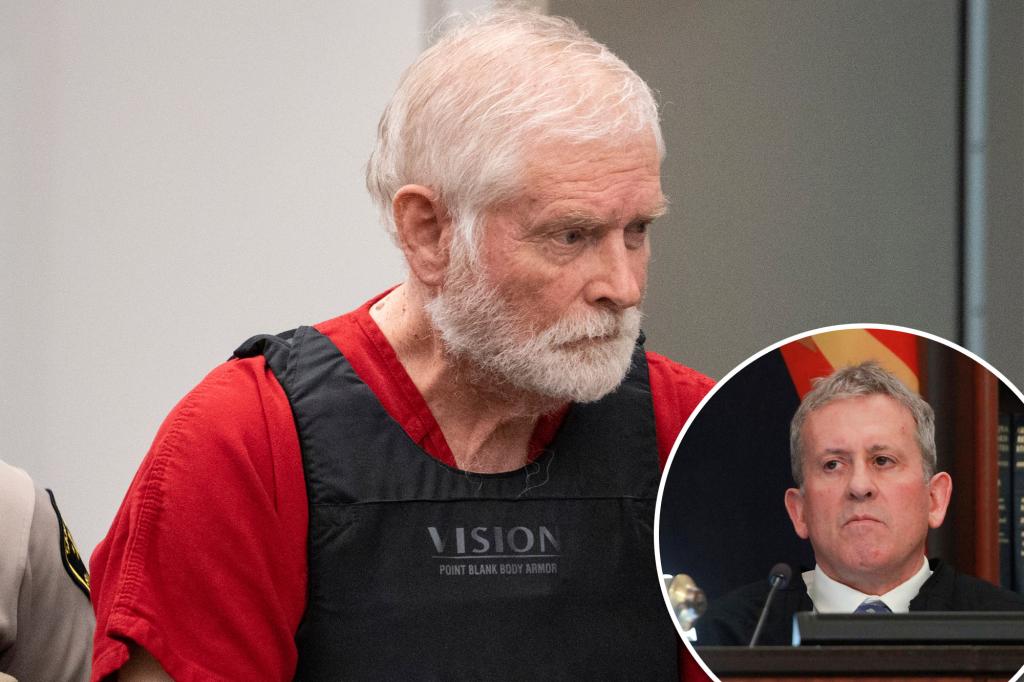The case of Arizona rancher George Alan Kelly, accused of second-degree murder in connection to the death of Mexican national Gabriel Cuen-Buitimea on his borderland ranch in January 2023, ended in a mistrial as the jury was unable to reach a verdict after days of deliberation. Kelly’s defense argued that Cuen-Buitimea was not an unarmed migrant and suggested cartel involvement impacted the death investigation, highlighting that Cuen-Buitimea had previously entered the country illegally multiple times before. The defense also presented the theory that a rip crew or bandits could have been responsible for Cuen-Buitimea’s death.
Throughout the trial, jurors heard testimonies regarding Kelly’s actions on the day of the shooting, with the defense maintaining that Kelly only fired warning shots into the air and his wife reported seeing armed men on their property. Sheriff David Hathaway, who was pressed about his statements regarding Kelly wanting to “hunt Mexicans,” was also questioned during the trial. The prosecution focused on a witness, Daniel Ramirez, who fled across the border following the shooting, testifying to having carried drugs across previously but not on the day of the incident. The defense argued that Ramirez’s testimony suggested he was not present on the day of the shooting.
Kelly’s defense attorney, Brenna Larkin, argued that Kelly’s actions were justified as he perceived a threat to his life and the use of deadly force was not necessary. The defense contended that Kelly fired warning shots to protect himself and his wife in a remote and isolated area. However, the prosecution argued that Kelly escalated the situation by using deadly force against unarmed men and that there was no justification for his actions. Prosecutors highlighted the trajectory of the fatal bullet, shell casings, and the position of Cuen-Buitimea’s body as evidence against Kelly.
The prosecution urged the jury to consider convicting Kelly on lesser charges if the second-degree murder charge was not convincing, such as manslaughter, negligent homicide, or aggravated assault. Kelly, who was initially held on a $1 million bond on a first-degree murder charge, saw the charge downgraded to second-degree murder. He declined a plea deal from prosecutors that would have reduced the charge to negligent homicide if he pleaded guilty. The trial drew attention due to the circumstances surrounding the shooting on Kelly’s ranch and the uncertainty regarding the events leading to Cuen-Buitimea’s death.
The defense’s argument that a rip crew could have been responsible for Cuen-Buitimea’s death, rather than Kelly, added complexity to the case. Kelly’s decision not to accept the plea deal and go to trial further intensified the legal proceedings. The trial included testimonies from witnesses, discussions regarding the use of force in self-defense, and scrutiny of the events leading up to the shooting. The mistrial indicates the difficulty faced by the jury in reaching a unanimous decision, leaving the case unresolved and raising questions about the implications for both Kelly and the family of the deceased Mexican national.


